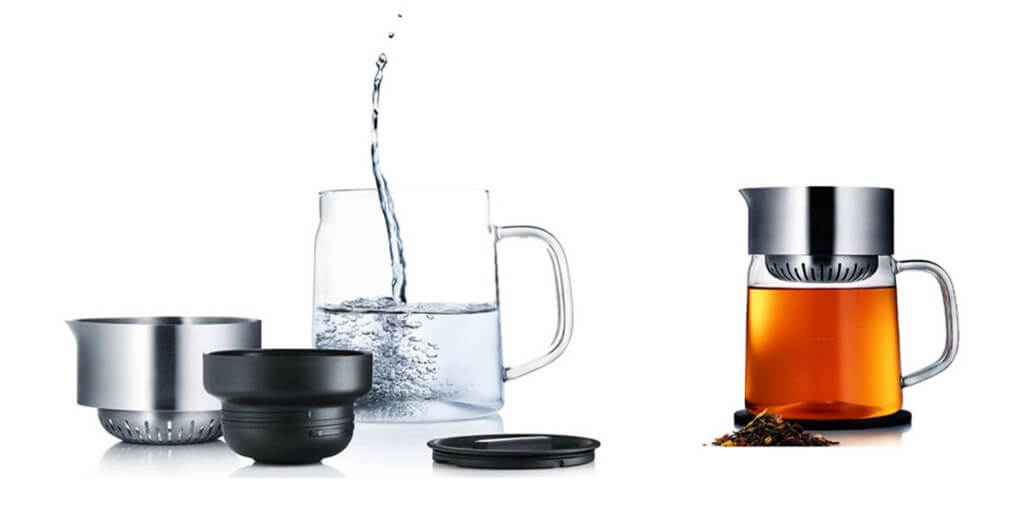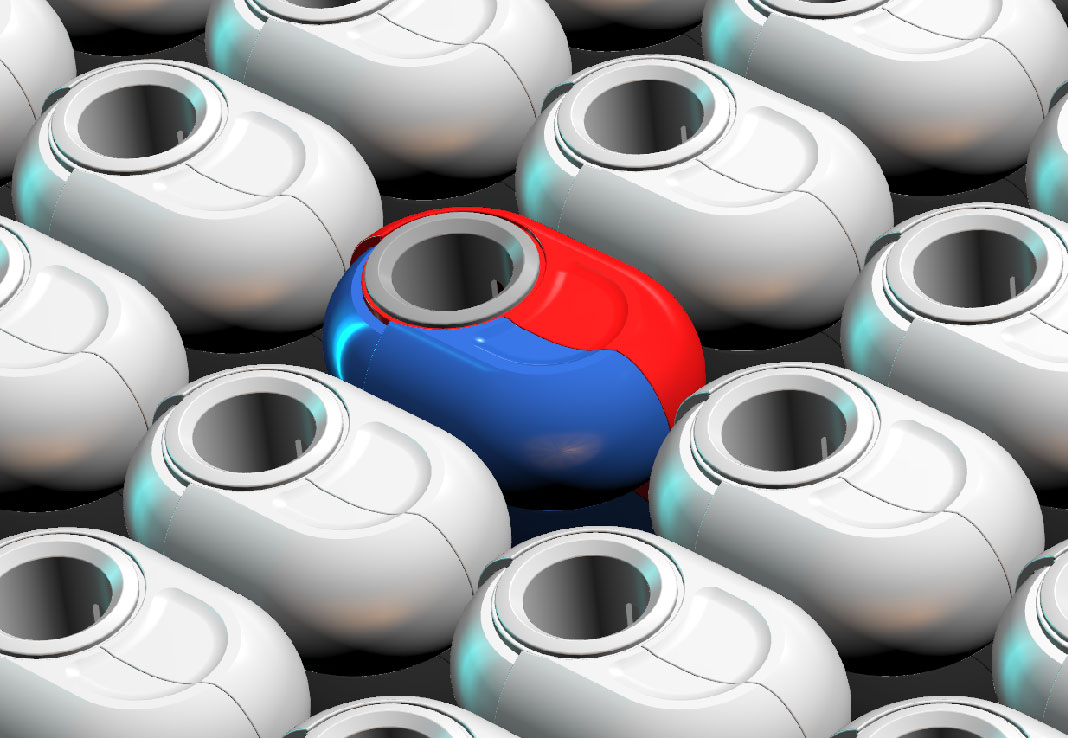USER-SPECIFIC PRODUCTS.
CONSUMER PRODUCT DEVELOPMENT.
User-specific product development of consumer goods aims at the process of designing and manufacturing products that are specifically tailored to the needs, preferences and requirements of end users. This approach enables companies to offer products that have a closer fit with customers’ individual requirements, which in turn can increase customer satisfaction, brand loyalty and ultimately business success. Some important aspects of user-specific product development of consumer products:
- Market research and customer understanding: companies need to conduct thorough market research to understand the needs, wants, habits and preferences of their target customers. This can be accomplished through surveys, focus groups, analysis of customer data, and other methods.
- Personalization and individualization: Based on the insights gained, companies can develop products that offer a degree of personalization or individualization. This can range from simple customization options to fully customized solutions.
- Iterative development process: Product development is often carried out in iterations in which customer feedback is regularly incorporated into the development process. This makes it possible to continuously improve and adapt products.
- Communication with customers: Open communication with customers is crucial. Companies can provide prototypes or pre-release versions of their products and get direct feedback from users to ensure that the final version meets expectations.
- Technological integration: Technological advances enable more comprehensive product customization. For example, smart home devices could be designed to interact with users' individual preferences and habits.
- Quality and reliability: Despite customization, it is important to ensure that products continue to meet high quality and safety standards.
- Cost and scalability: User-specific product development can involve higher costs, especially when products are manufactured in small quantities. Companies must carefully consider how to balance personalization and customization with profitability.
- Long-term relationships: By developing user-specific products, long-term relationships can be built with customers, as products can be continuously adapted to changing needs.
In summary, user-specific product development of consumer goods requires close collaboration between customers, developers, designers, and other parties involved to ensure that the final products provide real value to users.





